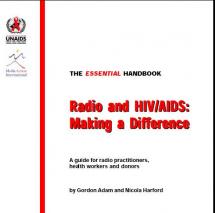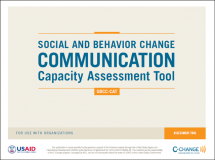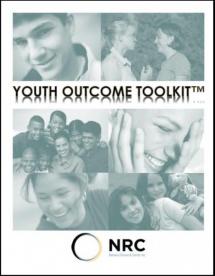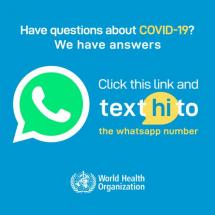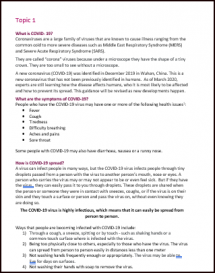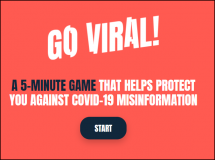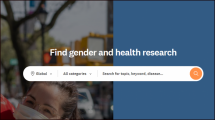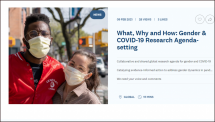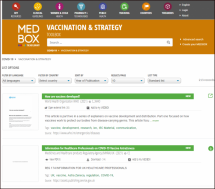Radio and HIV/AIDS: Making a Difference [Handbook]
This handbook contains practical guidelines for planning, researching, designing, producing and evaluating HIV/AIDS programs on the radio. Its focus is on the practical issues and approaches involved but does not attempt to cover the technicalities of radio production. This handbook may be of interest to:
- Radio practitioners (managers, editors, reporters and producers), involved at present or in the future in HIV/AIDS and other health media campaigns
- Journalists involved in covering HIV/AIDS related issues
- Managers and communications personnel in HIV/AIDS organisations, Non-Government Organizations (NGOs) and government departments
- Aid agencies funding health projects and/or development communications projects
The handbook contains chapters on: research, selecting issues, program formats, making radio interactive, pretesting, scheduling, campaign planning, partnerships, monitoring and evaluation, training and sustainability. This handbook has been used widely as the standard guidelines by UNAIDS offices since 1999. The authors have anecdotal evidence of hundreds of health communication professions over the past 14 years who have used it and found it extremely useful and relevant.
Last modified: July 23, 2021
Language: English, French, Spanish

